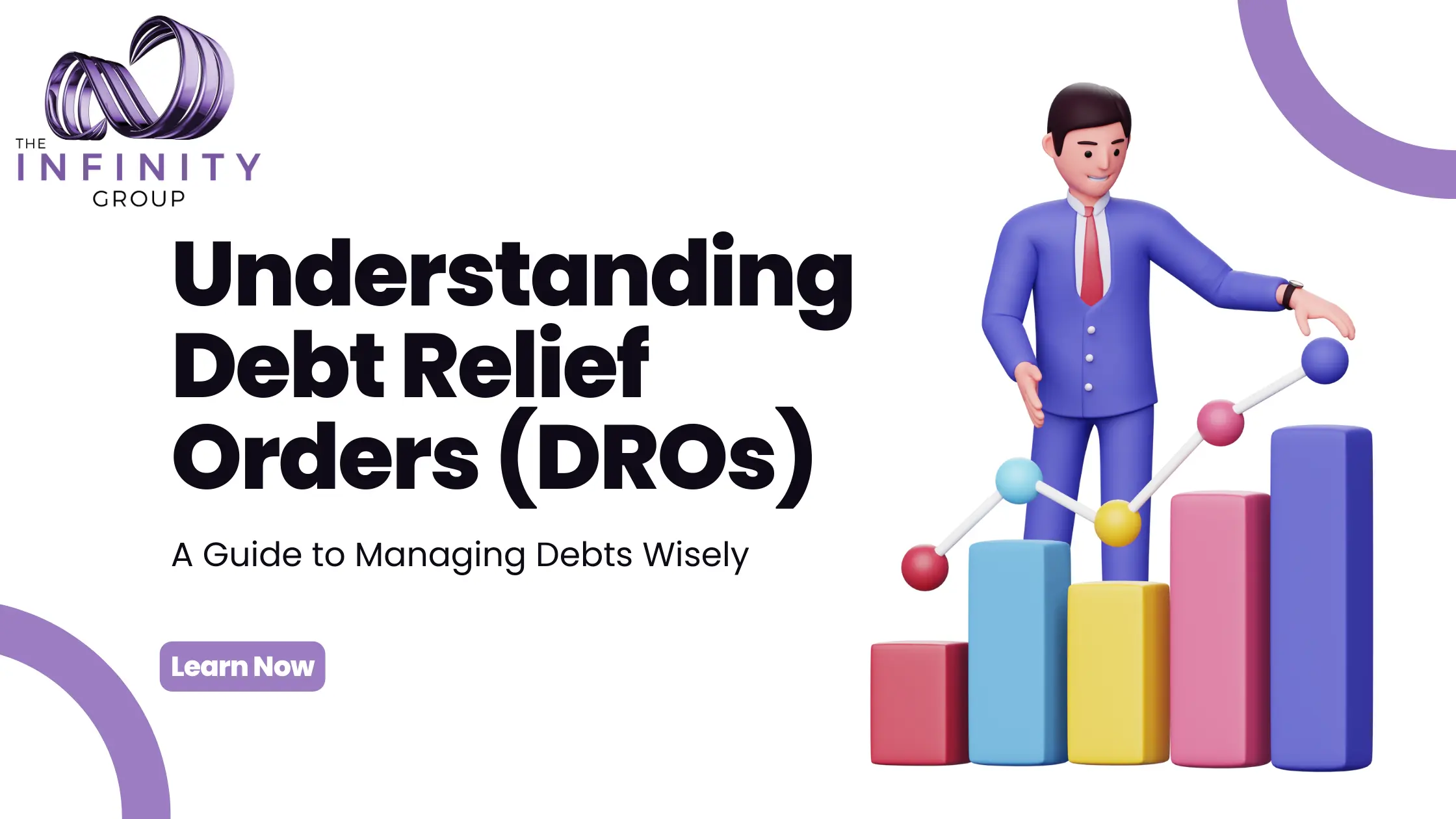Debt can be a heavy burden to carry, but there are options available to help individuals manage their financial obligations effectively. One such option is a Debt Relief Order (DRO), designed to provide relief to those who owe less than £30,000 and have limited spare income. Let’s explore how DROs work and whether they might be a suitable solution for your debt management needs.
What is a Debt Relief Order?
A Debt Relief Order (DRO) is a formal insolvency procedure that allows individuals to deal with their debts without the need to go through bankruptcy. To be eligible for a DRO, you must owe less than £30,000, have minimal spare income (usually less than £75 per month), and not own your home. If approved, you will stop making payments towards your debts for 12 months, and thereafter, you will not be required to pay the debts or adhere to any restrictions.
Understanding the Restrictions
While a DRO offers relief from debt repayments, there are certain restrictions that individuals must abide by during the 12-month period. These restrictions include limitations on borrowing more than £500 without informing the lender about your DRO, acting as a director of a company, managing or promoting a company without court permission, and opening a bank account without disclosing your DRO status to the bank or building society.
Eligibility Criteria
To qualify for a DRO, individuals must meet specific eligibility criteria, including owing less than £30,000, having less than £75 per month of spare income, possessing assets valued at less than £2,000, not owning a vehicle worth £2,000 or more, and having lived or worked in England and Wales within the last three years. Additionally, applicants must not have applied for a DRO within the last six years.
Conclusion
Debt Relief Orders offer a lifeline to individuals struggling with debt, providing a structured framework for debt management and eventual relief from financial obligations. However, it’s essential to carefully consider whether a DRO is the right option for your circumstances, as there are both benefits and limitations associated with this debt solution. If you’re facing financial difficulties, seeking advice from a reputable debt advisor or financial counsellor can help you explore your options and make informed decisions about managing your debts wisely.

